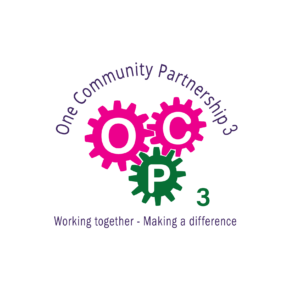One Community Partnership 3 (OCP3) aims to support Broward County’s two largest child-serving systems. This program assists youth and young adults to reach their behavioral health, housing, employment/education, and social connection goals.
The One Community Partnership 3 (OCP3) System of Care grant aims to support Broward County’s two largest child-serving systems (school and child welfare) youth ages 12 to 21 years old. Young person must have been diagnosed with serious emotional disturbance (SED) and with early signs and symptoms of serious mental illness (SMI), including first episode psychosis, along with their families/caregivers.
Throughout the first two One Community Partnership SAMHSA System of Care (SOC) grants (OCP1 from 2002-2008 and OCP2 from 2015-2019), Broward’s service delivery systems achieved sustained infrastructure improvements and service capacity to directly impact outcomes for youth and families.
Key accomplishments include expanded capacity throughout Broward’s behavioral health system for implementation ofboth Wraparound and Transition to Independence Process (TIP) approaches.
The OCP3 initiative will establish both the Wraparound and TIP models within the school and child welfare systems using strength-based, recovery-oriented, and youth and family-focused approaches.
VALUES
Youth Voice
Young people and their families have a voice in the way supports and services are delivered.
Cultural Competence
Young people and their families receive support & services that are responsive to their cultures, races, ethnicities, languages, gender orientations, and gender identities.
Community-Based
Young people and their families receive support and services in their community.
SERVICE MODELS
The Wraparound Approach will bring a comprehensive, holistic, family-driven way of responding to the youths’ mental health and behavioral challenges. Youth and their families will receive support from, and be at the center of, a team of professional and natural supports, with the youth’s and family’s ideas and perspectives driving service planning. Click here to learn more.
The Transition to Independence Process (TIP) Model will be the core service approach for transition-aged youth. Services will focus on helping each youth identify andsolidify a natural support system to sustain recovery. TIP is recognized as an age-appropriate, community-based model for emerging adults with SMI. This youth-driven approach emphasizes youth voice/choice and facilitates independence and self-determination by empowering youth to lead their own Futures Planning process while ensuring services and supports meet them where they are. Click here to learn more.




